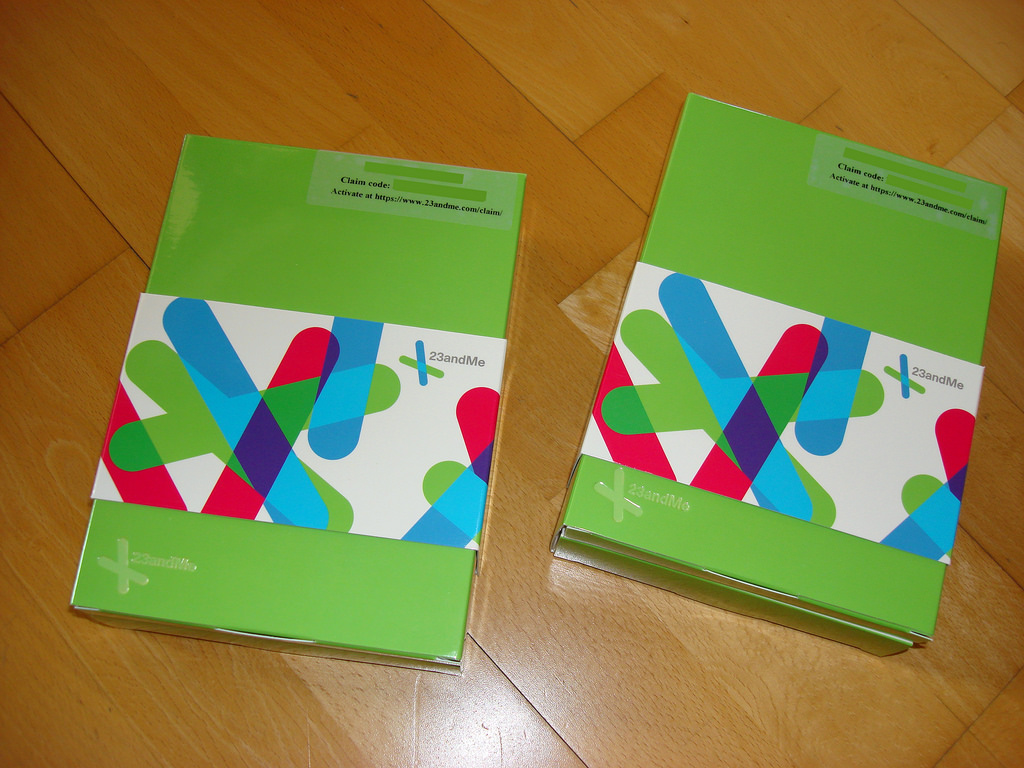Is it safe to have your ancestry data online? Here's what experts say.
By Cathy Cassata,
Yahoo [Cites CGS' Katie Hasson]
| 12. 15. 2023
Millions of people use genetic testing companies like 23andMe to learn more about their ancestry and health. But a new data breach is highlighting the risks of having your ancestry information stored online — and what it might be used for in the event of hacking. Here's what to know.
What’s happening
In October, 23andMe announced that approximately 14,000 23andMe users’ accounts were breached; according to the company, the stolen data — which some hackers tried to sell via online forums — “generally included ancestry information, and, for a subset of those accounts, health-related information based upon the user’s genetics.”
It's since been revealed that the hackers used those compromised accounts to also access another 6.9 million profiles connected to the users’ DNA relatives and those on their family tree. Data from the DNA Relatives profiles consists of information that a customer chooses to make available to their genetic relatives, such as display name, predicted relationships and percentage of DNA shared with matches, when they opt in to that feature. Data from Family Tree profiles includes a limited subset...
Related Articles
By Scott Solomon, The MIT Press Reader | 02.12.2026
Chris Mason is a man in a hurry.
“Sometimes walking from the subway to the lab takes too long, so I’ll start running,” he told me over breakfast at a bistro near his home in Brooklyn on a crisp...
By Katrina Miller, The New York TImes | 02.05.2026
Joseph Yracheta: The Native Biodata Consortium is the first nonprofit data and sample repository within the geographic bounds and legal jurisdiction of an American Indian nation, on the Cheyenne River Sioux Reservation in Eagle Butte, S.D.
NativeBio participated in a ...
By David Jensen, California Stem Cell Report | 02.10.2026
Touchy issues involving accusations that California’s $12 billion gene and stem cell research agency is pushing aside “good science” in favor of new priorities and preferences will be aired again in late March at a public meeting in Sacramento.
The...
By Lauren Hammer Breslow and Vanessa Smith, Bill of Health | 01.28.2026
On Jan. 24, 2026, the New York Times reported that DNA sequences contributed by children and families to support a federal effort to understand adolescent brain development were later co-opted by other researchers and used to publish “race science”...




